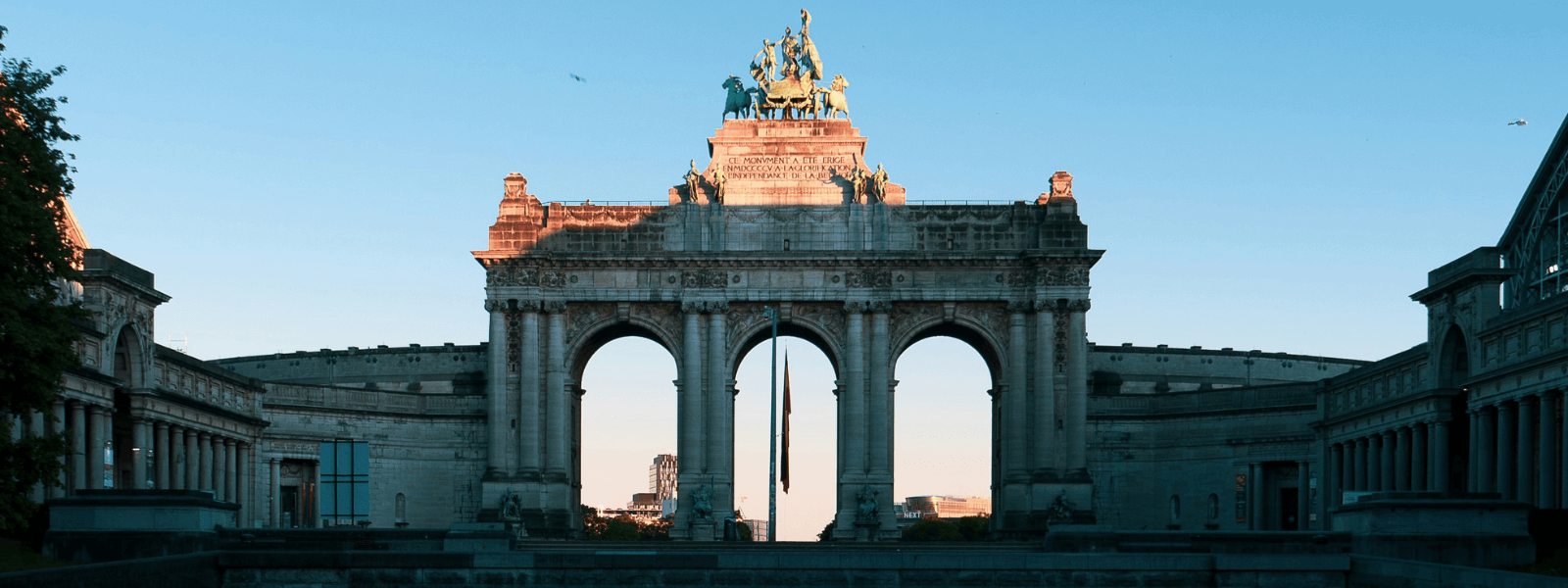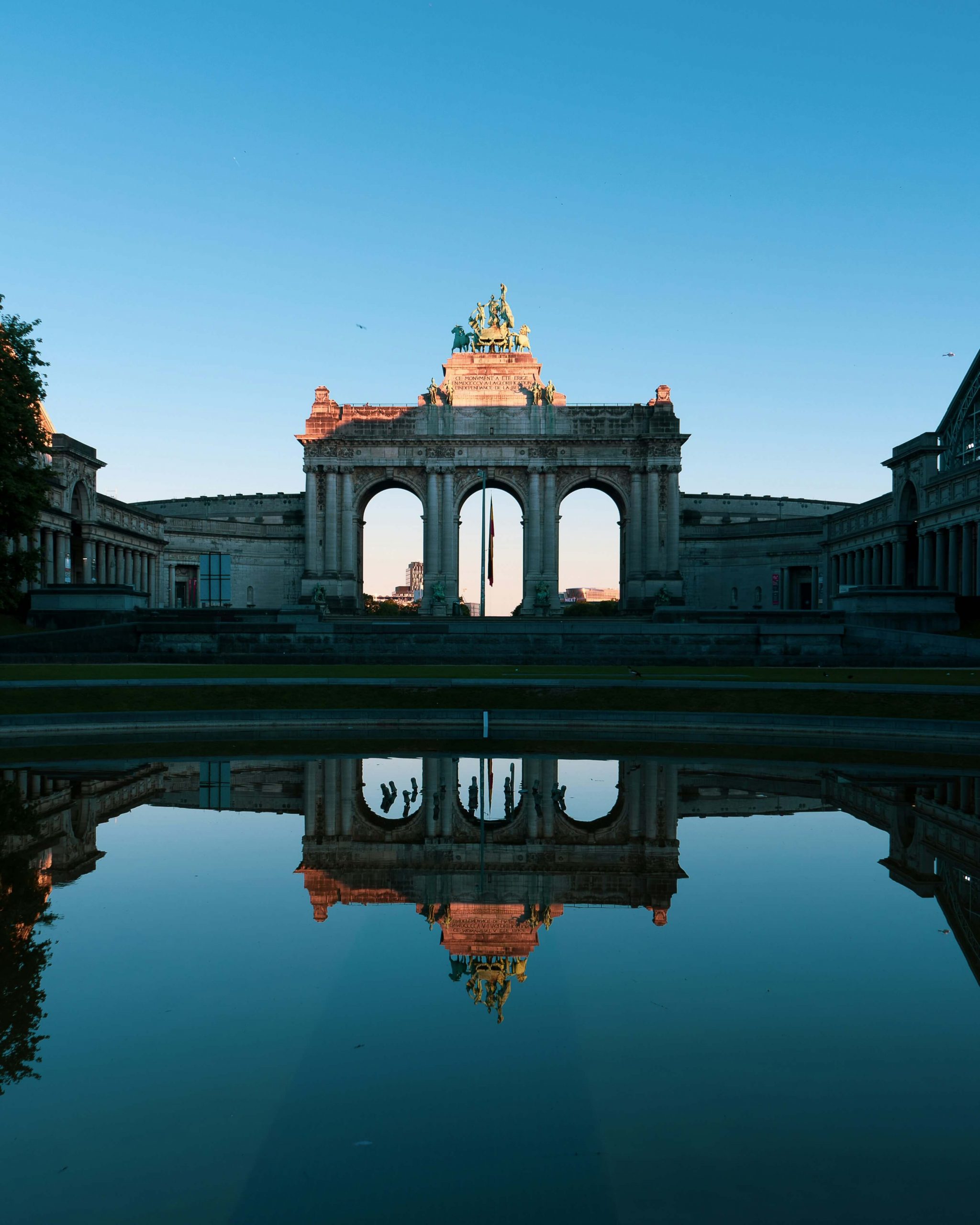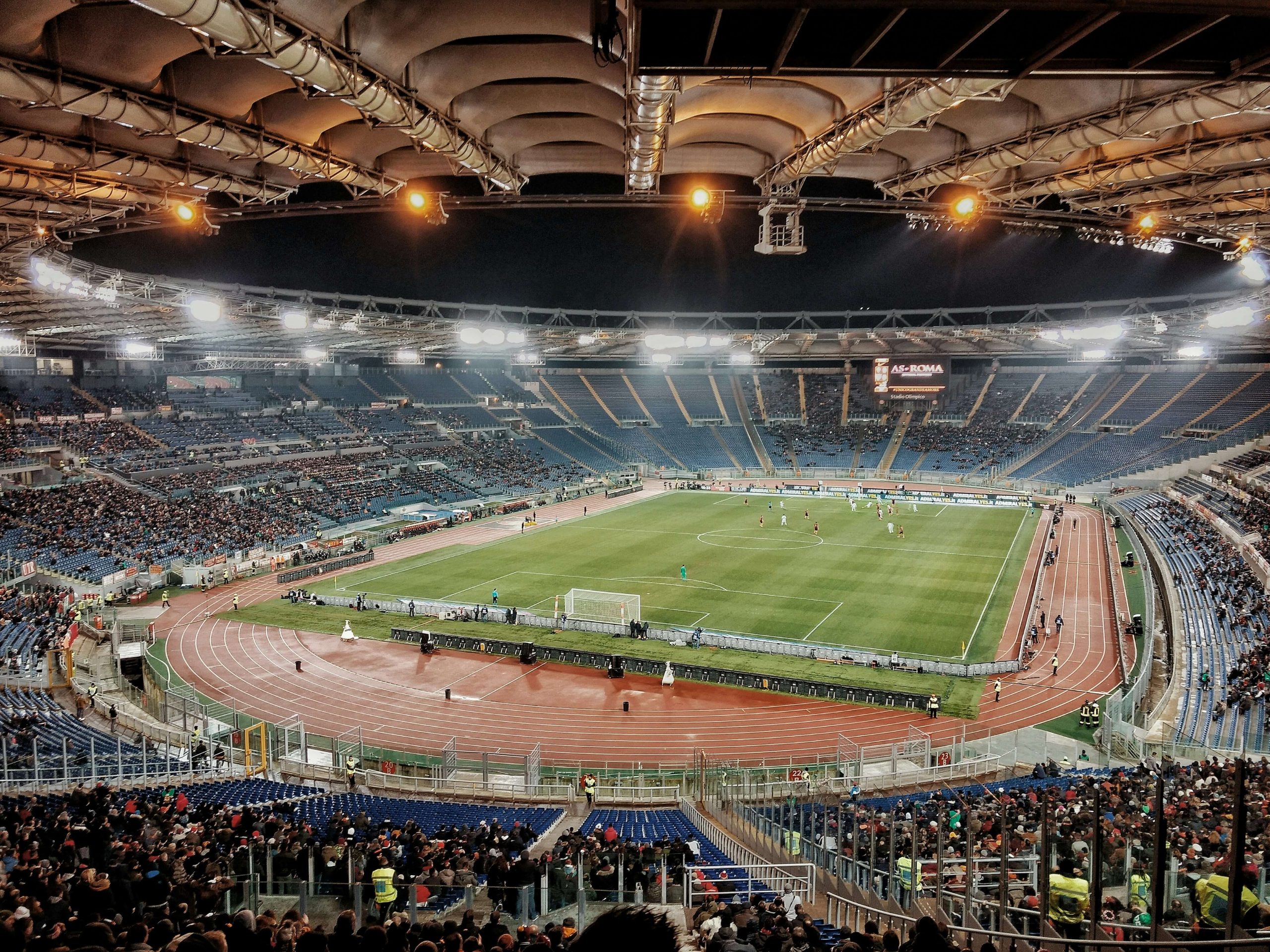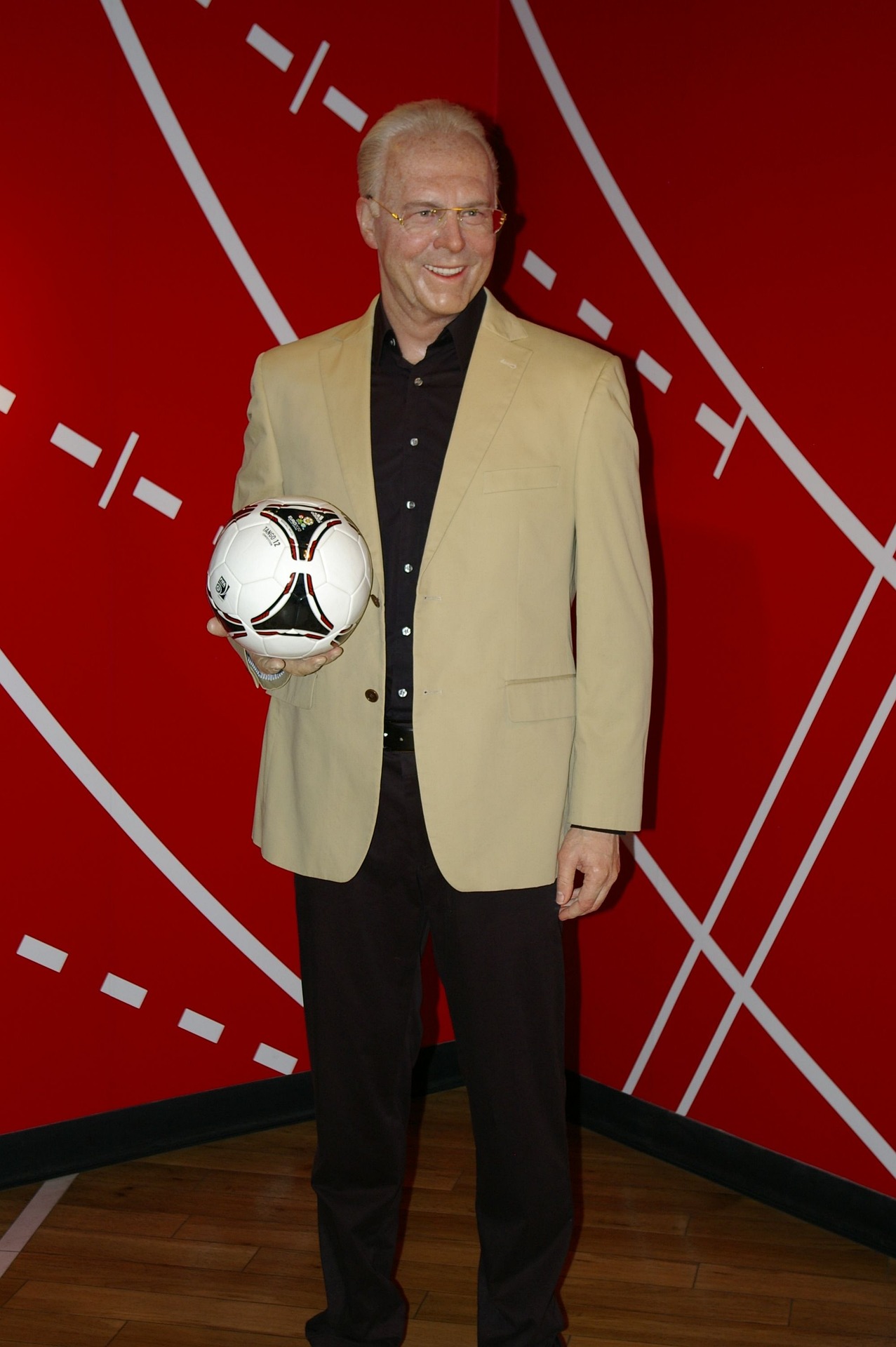
European Football Championship 1972
The competition among the best European football teams continued four years later, with the fourth European Championship, and the second under that name, held in 1972. The competition system remained the same as in the previous championship, allowing the top four teams from the qualifiers to reach the final tournament. Belgium was the host of this tournament.
Qualifications
Thirty-two teams registered for the qualifiers; this time, all the top teams wanted to reach the final tournament. All teams were divided into eight groups, with the best team from each group getting a chance to participate in the quarterfinal qualification duels. The group winners were those from Romania, Hungary, England, the Soviet Union, Belgium, Italy, Yugoslavia, and West Germany. Yugoslavia relatively easily passed this phase of the qualifiers, achieving three wins and three draws, and managed to eliminate the teams from the Netherlands, East Germany, and Luxembourg.
In the matches that decided which teams would advance to the final tournament, Yugoslavia met Soviet Union. The first match ended 0:0, but in the return match, the Soviets were better, winning 3:0 and thus securing a place among the top four teams. In other encounters, Belgium played against then-runner-up Italy and beat them in a two-legged match, which was a big surprise. West Germany eliminated England, and the most interesting was the duel between Hungary and Romania, where a third match had to be played. In it, the Hungarians celebrated with a 2:1 victory, thus also securing their spot in the final competition.
Host Country
Belgium was the host, and the tournament was held between June 14 and 18, 1972. England and Italy were also candidates for hosting. Still, the teams from these countries did not qualify for the final tournament, so it was determined that Belgium would ultimately be the host. Matches were played in Brussels, Liège, and Antwerp. In Brussels, teams played at the “Heysel” and “Emile Versé” stadiums, in Liège at the “Maurice Dufrasne” stadium, and in Antwerp at the “Bosuilstadion”.
Participating Teams
The host team, Belgium, qualified for the final tournament, along with West Germany, the Soviet Union, and Hungary. Bene served as the Hungarian team’s captain, and Beckenbauer, Hoeness, Heynckes, and Gerd Müller made up the Germans’ remarkably strong starting lineup at this European Championship.
Knockout Phase
In the semifinal matches, the host faced the team from West Germany. It quickly became apparent that they had drawn the toughest possible opponent, and their chances of progressing to the final were minimal. The Germans demonstrated their superiority at that moment, and with goals from Gerd Müller, they won 2:1. In the other semifinal, the Soviet Union, in top form, faced the team from Hungary. Konkov scored the decisive goal in the 53rd minute, thus allowing his team to compete for the title of the best in the Old Continent.

Brussels, host of the final match in 1972. Photo: unsplash.com.
Final and Third Place Match

Stadio Olimpico in Rome, where the final was played twice in 1968. Photo: unsplash.com.
In the battle for third place, Belgium faced Hungary. Inspired by playing in front of their home fans, the Belgians gained a two-goal lead within four minutes in the first half. First, Lambert scored in the 24th minute, followed by a goal from Van Himst in the 28th minute. All the Hungarians managed to do by the end of the match was to reduce the deficit. Lajos Kű scored from a penalty in the 53rd minute. This way, the Belgian team succeeded tremendously in the European Championships.
In the grand final, the teams from West Germany and the Soviet Union met, with the match played in Brussels at the “Heysel” stadium. The Soviets had previous finals experience – becoming champions in 1960 by defeating Yugoslavia and losing in the 1964 final to the then-host Spain. For the Germans, this was their first appearance in the final tournament, but the team they had was ready to bring their country its first European Championship title. Under the captaincy of the legendary Franz Beckenbauer and led from the bench by coach Helmut Schön, this West German team convincingly defeated the Soviet Union to win their first European title. The final score was 3:0, with Gerd Müller first shaking the Soviet net in the 27th minute. The teams went into halftime with that score. Shortly after the start of the second half, Wimmer gave the Germans a two-goal lead in the 52nd minute, and Müller confirmed the victory six minutes later.

Franz Beckenbauer, captain of West Germany in 1972. Photo: pixabay.com.
Statistics
This championship was more efficient than the previous one, as ten goals were scored. Gerd Müller was the top score, with two goals in both the semifinal and final matches, reaching a total of four goals and thus entering the illustrious history of European Championship scorers. All other players who scored in this Championship did so only once.
The best team in the tournament included seven players from West Germany, the champion team. These were Beckenbauer, Breitner, Hoeness, Netzer, Wimmer, Heynckes, and Müller. The Soviets contributed three players: goalkeeper Rudakov, Dzodzuashvili, and Khurtsilava, while Lambert represented the host.
Legacy and Impact
This European Championship will be remembered as the first triumph of the West German team. At the same time, it marked the beginning of this team’s dominance in European championships, as they would be the most formidable team in the following editions.
Interesting Facts
Interestingly, the West German team nearly won the title in front of their own fans. They were one of the countries interested in hosting this European Championship. Eventually, they withdrew because they were preparing for the 1974 World Cup and the Olympic Games held in Munich in 1972.



